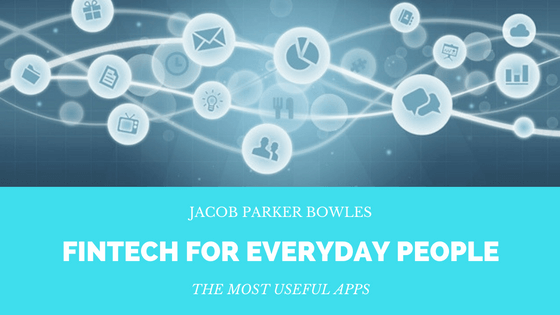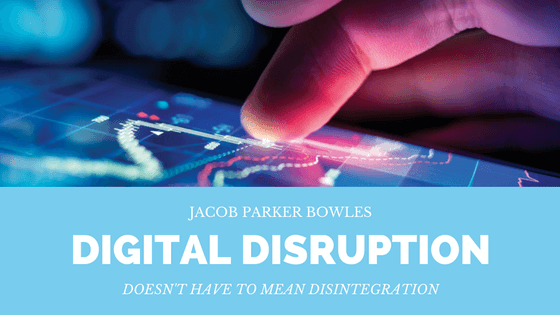It has become undeniably clear that Fintech is here to stay. Last month, I wrote about how even the notoriously entrenched big banks are getting involved with “disruptive” banking tech and buying, investing in, and creating new fintech apps to feed the growing consumer demand for a new kind of banking, banking that is intuitive, accessible, and designed to integrate seamlessly with everyday life.
Well designed fintech cuts out the middle man and delivers a product directly tailored to the user experience. So what exciting new apps should you be using to simplify your financial life? Here are a few of the most useful new financial apps for everyday money managers.
We all know how important it is to save up money, but often it’s much easier said than done. It takes discipline, planning, and no small amount of stress. Acorns tries to take all of these out of the savings process. Instead, Acorns simply rounds up all of your transactions and funnels the spare change into a mutual fund to help you build your retirement savings painlessly. If you buy a sandwich for $5.78, Acorns will add 22 cents to your account. You’ll barely notice as your savings steadily grow in the background.
Next time you need a loan, large banks won’t be your option to turn to. Zopa eliminated the middle man (and, unfortunately, the safety and insurance of lending capital) by going straight to individual people. Peer to peer lending allows ordinary people to make interest by providing loans, and offers great rates that often beat out the banks to people looking to borrow. It doesn’t get much more disruptive than this – cutting banks out of loans.
If you want a dedicated account manager for your investments, but don’t want to work with big banks and big bank prices, Nutmeg can step in. The app designs an investment portfolio based on your personal risk tolerance, and manages the account indefinitely. They advertise total transparency, lower costs, and you can keep tabs on your investment from any mobile device throughout the day. While Nutmeg still uses human fund managers in the backend, there are many other “robo-advisers” that manage your money using either a combination or entirely artificial intelligence.
While banks often set currency exchange rates for a profit, Wise Transfer gives you the mid-market rate, or the “real exchange rate” when switching between currencies. The service charges a small fee to connect people who are sending or receiving money across borders for peer to peer money exchange. Once again, it’s all about streamlining the process and making it transparent.


